Back
Nishant Mittal
Entrepreneur, musici... • 8m
Pharmeasy had raised a total $1.6 Billion at a peak valuation of $5.6 Billion. And now the company is pretty much done and the founders are out. It's quite an interesting story.. When Pharmeasy acquired 66% in Thyrocare (a 30 year old, strong and profitable diagnostics chain) for ₹4546 Cr, everyone in the startup space (particularly VCs) danced around citing a "miraculous triumph" of Indian startups. They claimed that this news marked that Indian startups had finally "come of age" and that the startup scene had "arrived". And then what happened? A tragedy. Not just for Pharmeasy, but also for Thyrocare and Dr. Velumani (its founder). It was revealed that Pharmeasy wouldn't be able to pay back its loan to Goldman, and that it's valuation would be cut by 90%, thereby totally screwing Dr. Velumani's investment of about ₹1500 Cr in the company when it was valued at about $4B. So, much like Byju's, Pharmeasy acquired a much older (and profitable, and even bigger) company in real terms, and then took it down with it. But that's not real story, folks. What is real the story? The real story is that if 2021's bull run had continued for a few more days, Pharmeasy's IPO would have been successful. And that would have meant that retail investors would have bought the stock at its peak valuation of about $6-7B. And what would have been the resultant of that? The sheer loss of Chaddi for the Average Aakash who would have bought the stock. Because the pre-IPO buzz for the company would have been "strong", obviously. And everyone would have been in on it. This story once again points out the fundamental disconnect between public markets & private markets. When VCs put billions of dollars into startups, the only way for them to recover that money is through unloading those companies to the public. And ideally, there needs to be a certain sense of responsibility when that's planned. After all, the Average Aakash is going to put his savings into these stocks, and he's NOT earning ₹25,000-1 Lakh/month with a family of five to feed, so he can pay for the VC's fifth mansion. But is there that sense of responsibility in the VC space? Not at all. The space is still majorly governed by a bunch of Ponzi operators who really like pumping valuations to funny heights with absolute apathy for fundamentals or a sense of originality. This is why we see all sorts of companies getting funded and jacked up to the moon. All in the name of "returns". Retail investors will have to understand that the IPO market flooding with newly built VC pyramids is fundamentally against their best interest. By the time these companies reach the public markets, VCs have already squeezed the juice out of them, valuation wise. There's no upside left. There are exceptions to this pattern, of course. But they're rare. I've written many exhaustive pieces on Lenskart's ludicrous $10B valuation, and the sheer travesty that is OYO. Let's see how they pan out. Will be interesting to watch.
Replies (5)
More like this
Recommendations from Medial
Account Deleted
Hey I am on Medial • 1y
PharmEasy's Shocking Valuation Drop: $5.6B to $456M! • Once valued at $5.6 billion, PharmEasy is now worth only about $456 million. • This major fall in valuation is because one of PharmEasy's investors, Janus Henderson Investors, indicated in a r
See More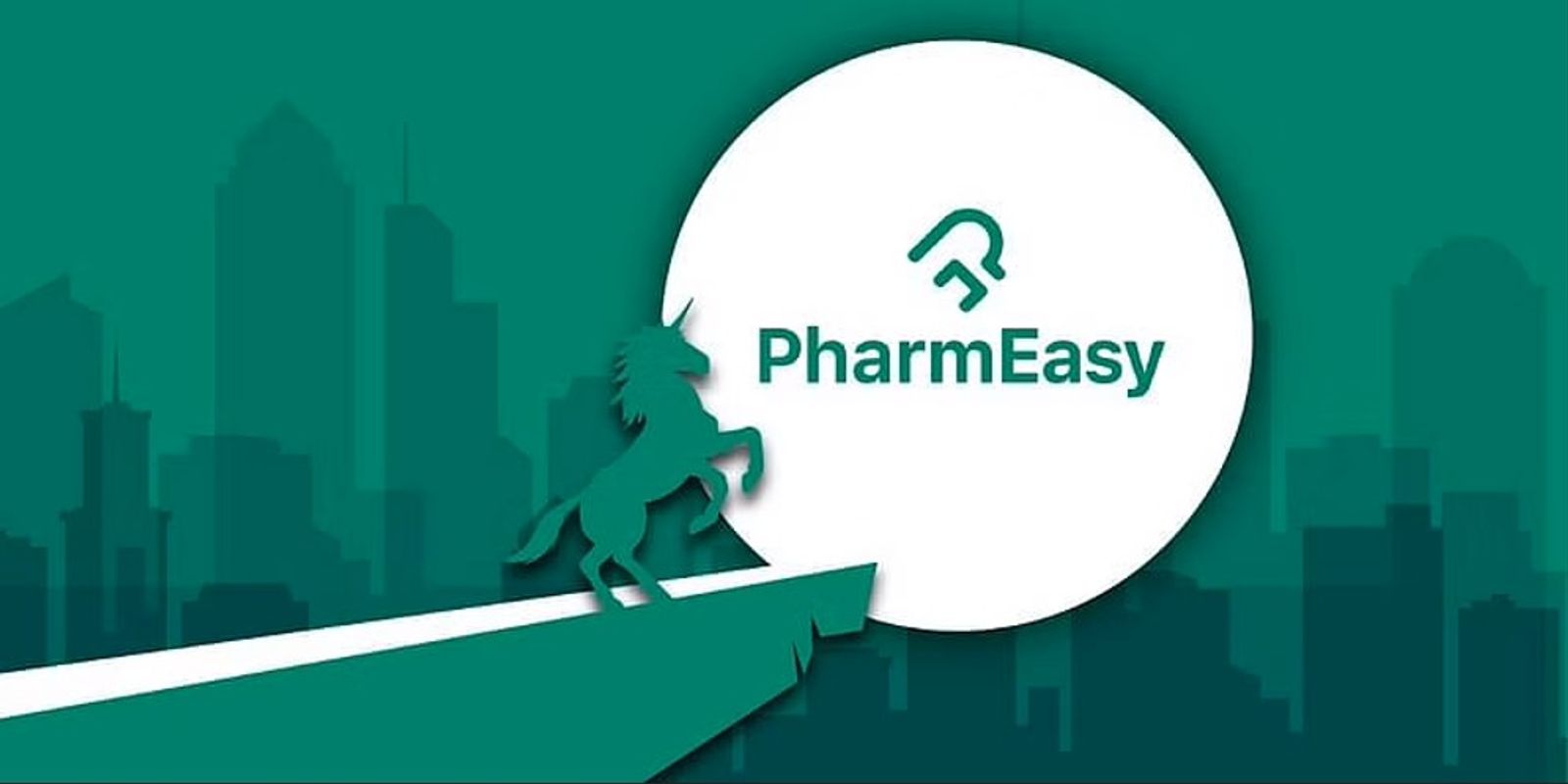
Anonymous
Hey I am on Medial • 1y
How Do we get to know about a valuation of the startup at initial days ? For example an app makes 400Rs per user and has an user base of 5lakh This app has multiple features On an avg what would be the growth rate and valuation. Recurring users would
See MoreAnonymous
Hey I am on Medial • 2y
Valuation is not just about numbers, but about understanding the biases, uncertainties, and complexities that can impact the valuation. It is important to recognize and address these factors in order to make more accurate valuations. The three big p
See MoreDownload the medial app to read full posts, comements and news.





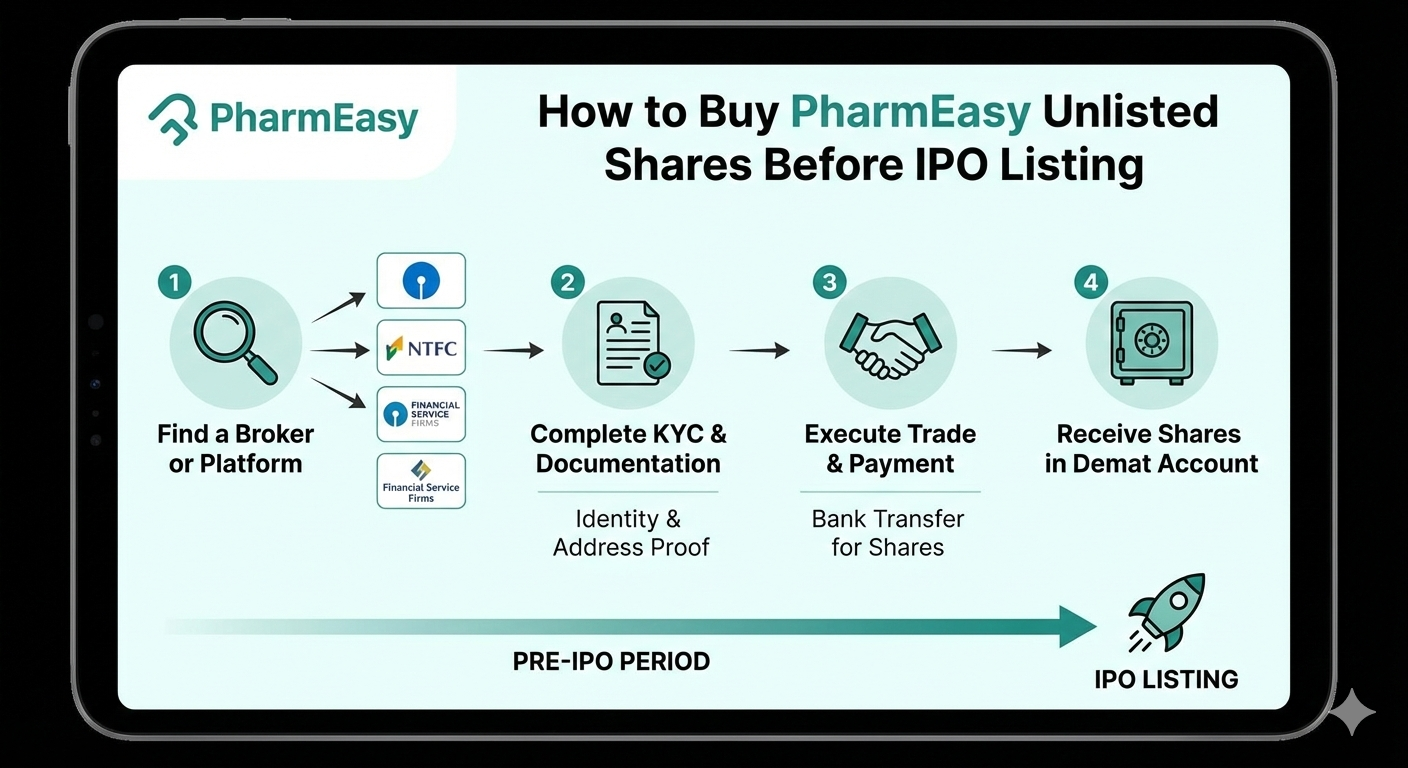



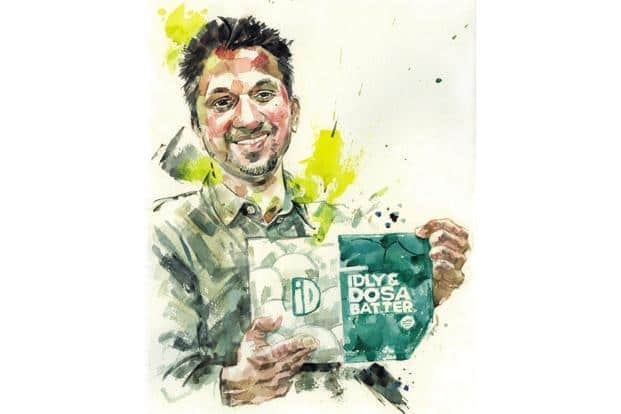


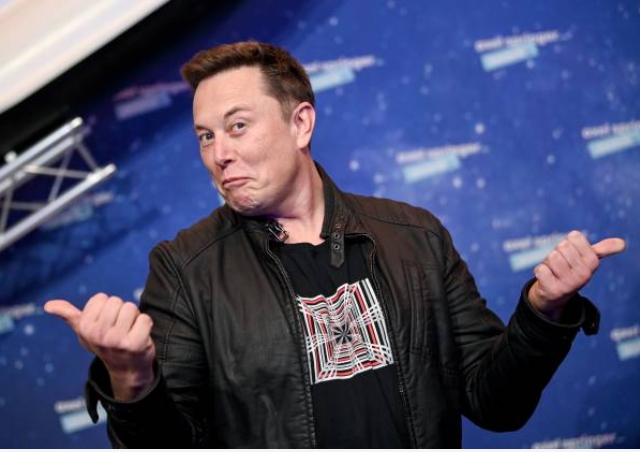

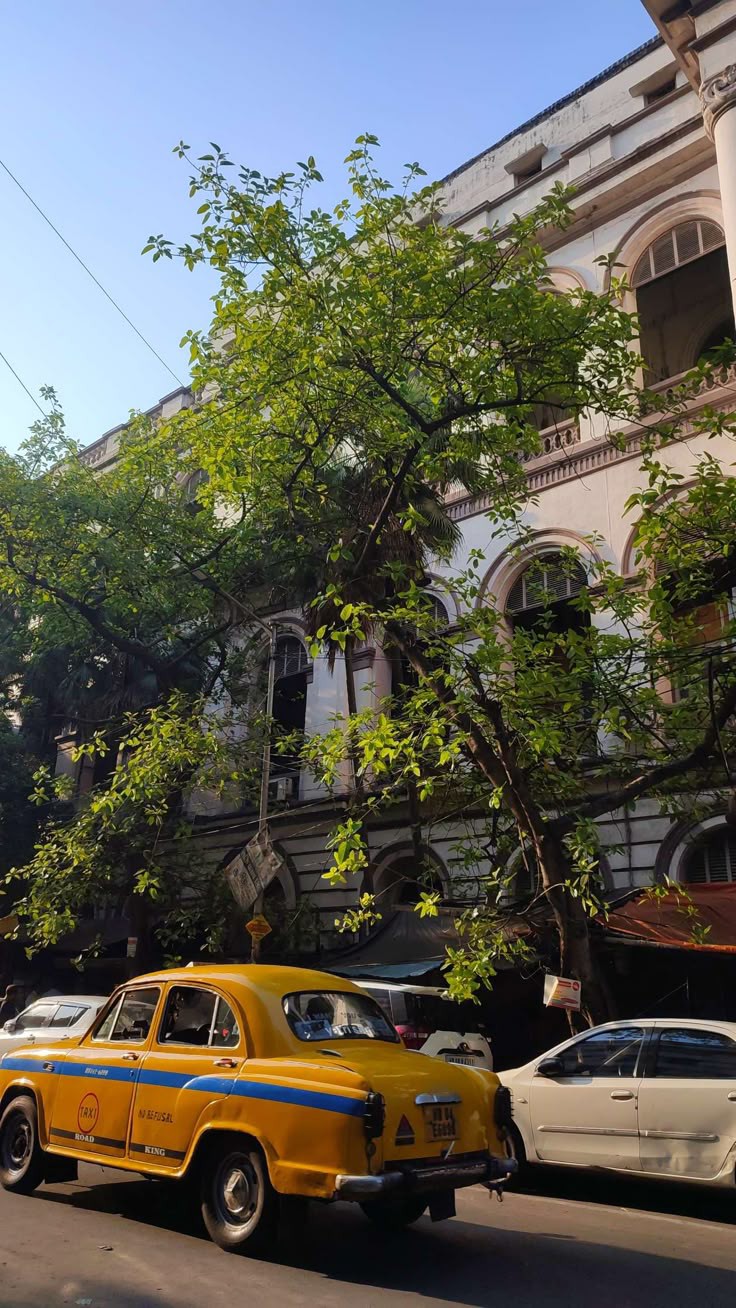

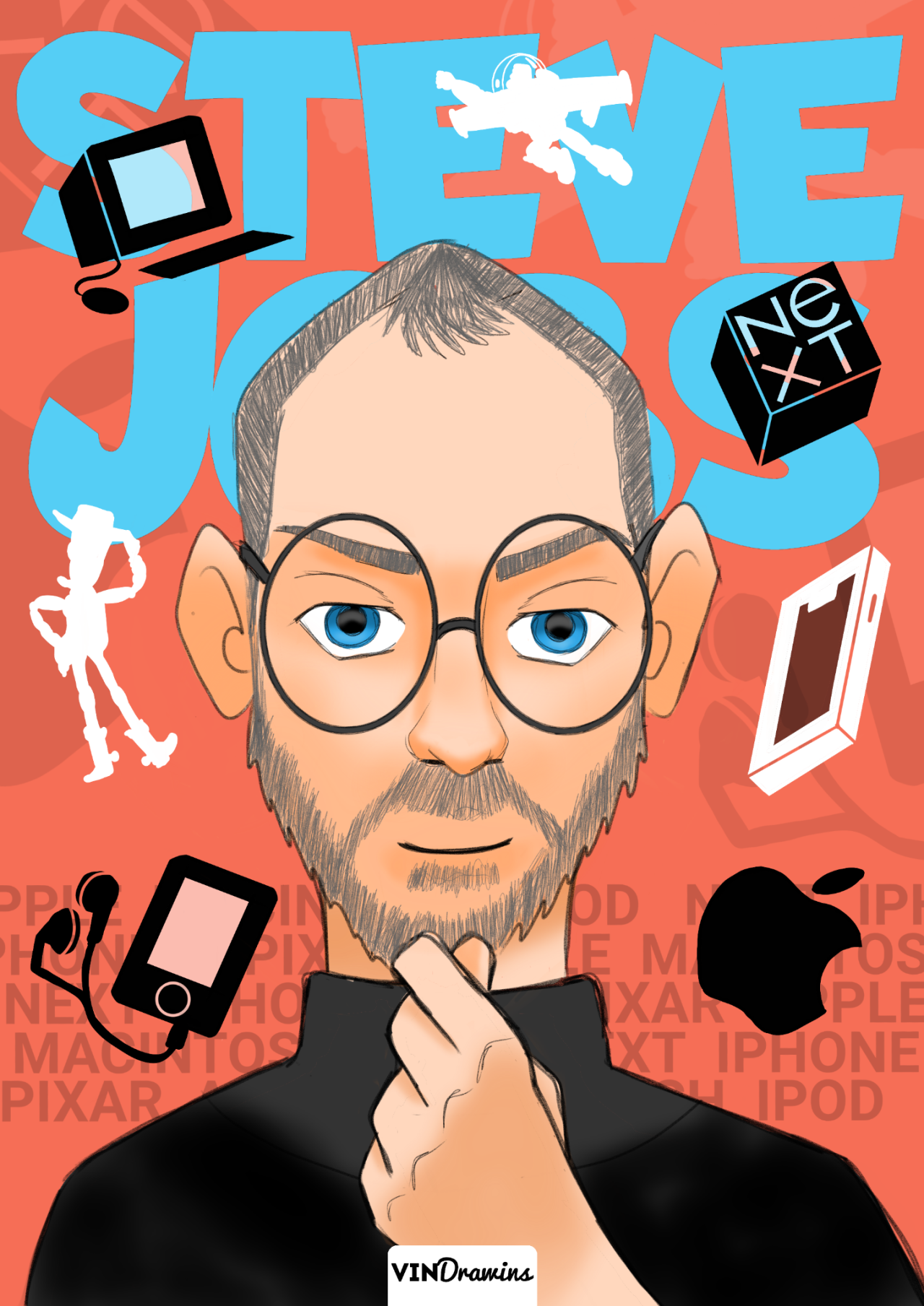
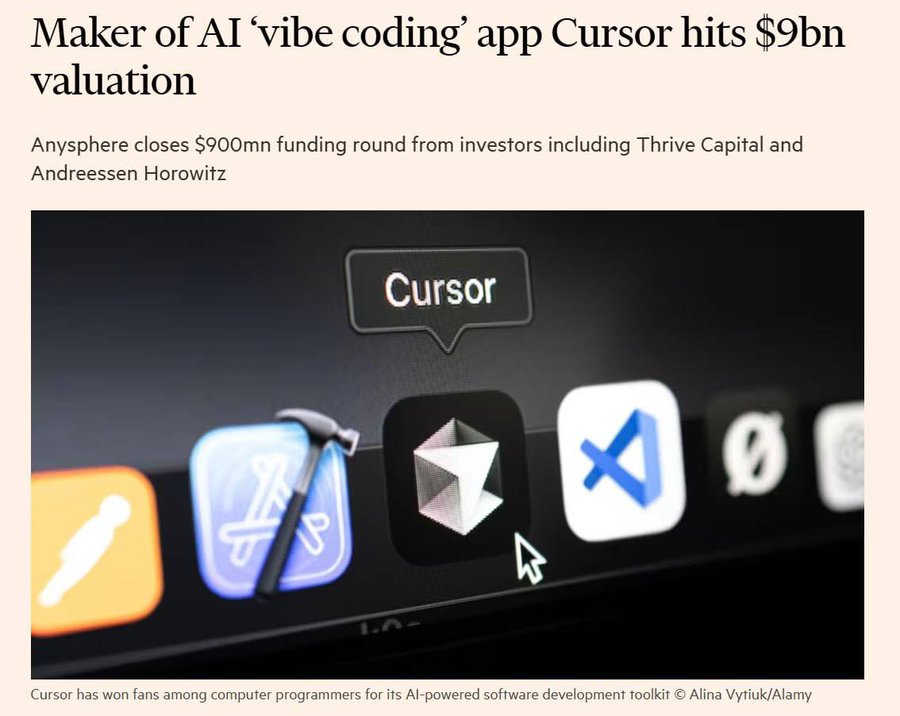





/entrackr/media/post_attachments/wp-content/uploads/2021/08/Accel-1.jpg)

















